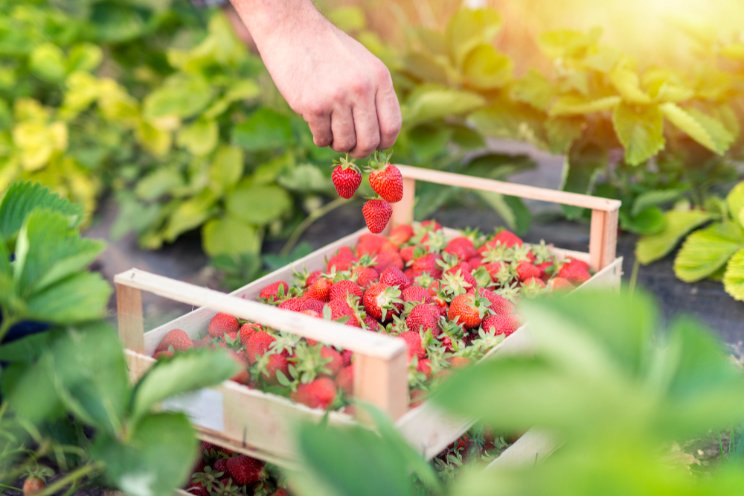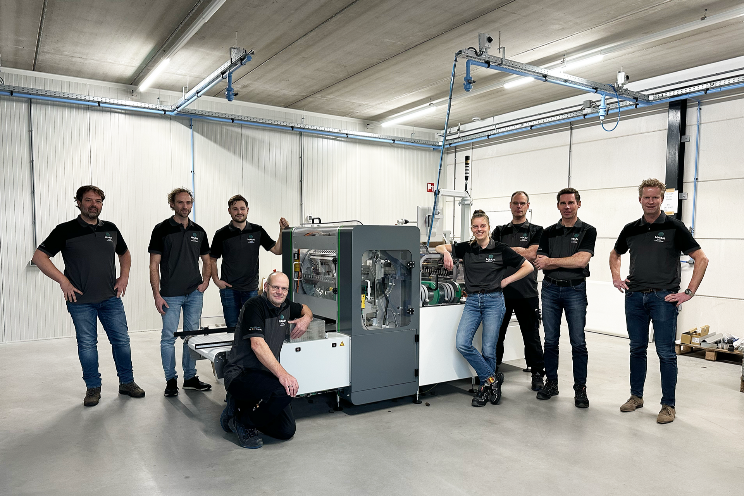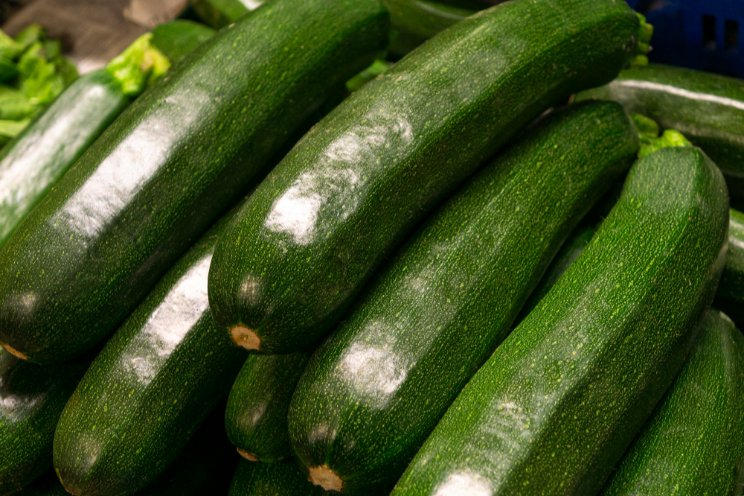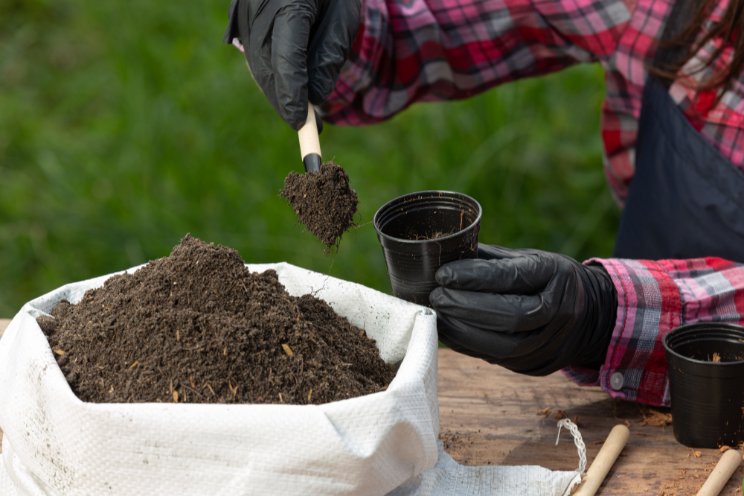Jordanian vegetable growers increase sustainability
Added on 27 January 2020
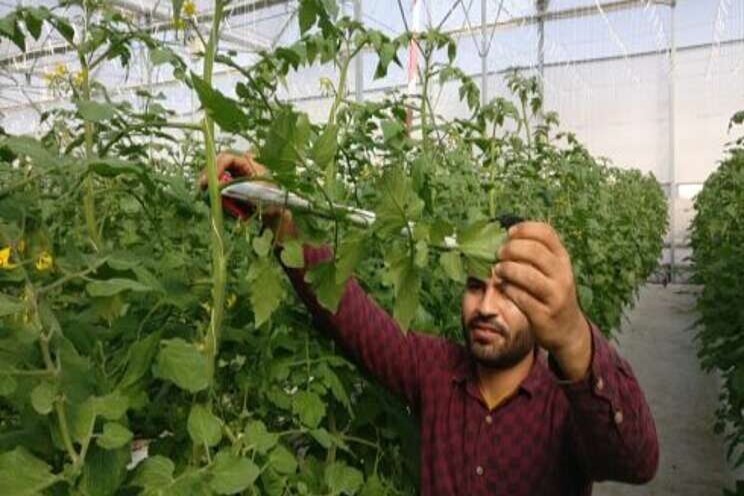
Two growers participated in the project: one in the Jordan Valley and one in the highlands near the capital Amman. A greenhouse of approximately 7,000 square meters was installed at the farms of both growers. The greenhouses contain modern equipment for, among other things, watering. The design of the greenhouses focused on the weather conditions and the financial capacity of the growers: they each had to contribute 50% of the costs.
Better results in the first year
That resulted fot the Jordan Valley grower in better results in the first year (the results of the other grower are not yet known). Water consumption decreased by 40 to 50%, production per square meter increased by 30 to 40%. On the other hand, there are higher costs per square meter: with the old greenhouse they were €7 per square meter over a period of 10 years, with the new greenhouse €50 over a period of 20 years.
More insight and awareness
The positive results were not only the effect of modern techniques. The growers and their employees received good training. In addition, the growers were asked to register irrigation. This not only led to more insight into consumption, but also made the growers more aware of the business operations and became familiar with the crop registration system.
The Jordanian project ended at the end of 2019. It is not yet known whether a follow-up will take place. If the project is extended, attention will in any case be paid to the dissemination of knowledge among other growers, for example through demonstration companies.
Source and photo courtesy of Wageningen University & Research
Source: Wageningen University & Research
More news

